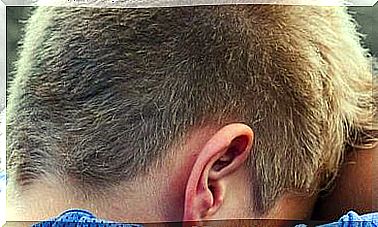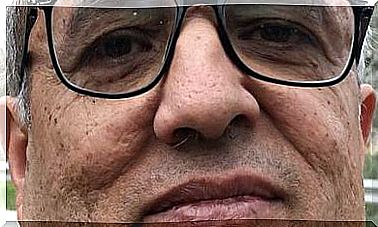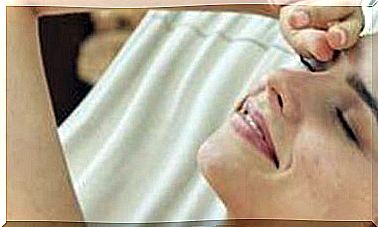They Insist My Son Has ADHD

From school they tell me that my six-year-old son has ADHD and they want me to take him to a specialist. They say that with a diagnosis and medication he could improve his learning ability and he would be happier. I think he is a normal child, perhaps a little moved; what he cannot bear is sitting for so many hours, doing things that bore him. But school puts a lot of pressure on me and I don’t know what to do.
First of all, discuss it with the father or whoever performs the functions of such. And with the wider family and relatives. Is the child really so busy that he does not finish his tasks and hobbies with the family, on outings, in the parks, at family gatherings or is it just at school? Can you get distracted by playing with peers or family for a while, or do you always have to be moving around and trying new things?
If so, if in two environments (home and school, or school and family gatherings) he is so moved that he cannot finish anything and is always starting new things to the point of producing discomfort in those who are with him, your child has Some problem, but that does not mean that it is a psychiatric problem, or that it has an Attention Deficit Hyperactivity Disorder, even less that it “is an ADHD”, and still less that it has a supposed “disease” called ADHD.
ADHD: disorder, disease … real or fictitious?
Although there are children more moved than others, some even very moved, that is neither a disorder nor a disease. Many geniuses and great inventors have possessed these characteristics. There are moved children and there are children who find it difficult to focus attention … But that does not mean that “they are ADHD children”. To a large extent, the so-called “ADHD disease” is an invention to sell stimulant drugs, which then some people administer to these children for years.
Ask those questions and, if you have a prudent pediatrician and not one of the amateurs to administer one and another scan or one and another treatment, ask yourself. Then, together with the child’s father, get a global idea of the situation: What is the school like? Have those teams of psychologists got into it who do so-called “psychological scans” on children and then repeatedly diagnose ADHD or worse and recommend drug treatments over and over again? Is it a school that admits and encourages the variability of children or a school oriented towards uniformity and “good behavior”?
How is ADHD diagnosed?
On a biological level, does the pediatrician consider him a healthy child or a “sickly” child? Do you have a disease that makes you feel inferior to others? Do you eat well, are you well nourished?
On a psychological level, ask yourself if something has been affecting you emotionally for months: Have you had a grief, a loss, a major frustration, such as serious separations or conflicts from parents, illnesses of another kind? Do you have a tendency to dramatize, who likes to whine and complain? If you are not moving, are you sad and bored? Do you do “after-school activities” every day and only see you for a few hours and when you are most tired?
Do you play every day, are you capable of “wasting time with him” without doing anything programmed? Do they go out to the field, to walk and play? Do you get some kind of exercise every day, even in the park, or do you go from school to the television and electronics?
As you well say, so that an intelligent and sensitive child does not get bored, he needs adults who love him, who consider him unique in something, activities that excite and stimulate him, parents that are sufficiently stable and close at an affective level, quite intense physical activity , at least for hours, adequate nutrition with five meals to avoid a decrease in attention and concentration due to hunger or hypoglycemia if you only do three …
Probably, if you review all this with people around you, you will find that either it is normal for the child to behave like this, or that he needs specific help from family, friends or psycho-pedagogical. In our opinion, very few children need a psychiatrist just for that matter if there are no other alterations. Far fewer should use drugs, such as stimulants, whose long-term use has not been studied, and fewer in childhood. The only thing that they are sure to produce is a more or less serious and more or less lasting dependence.









